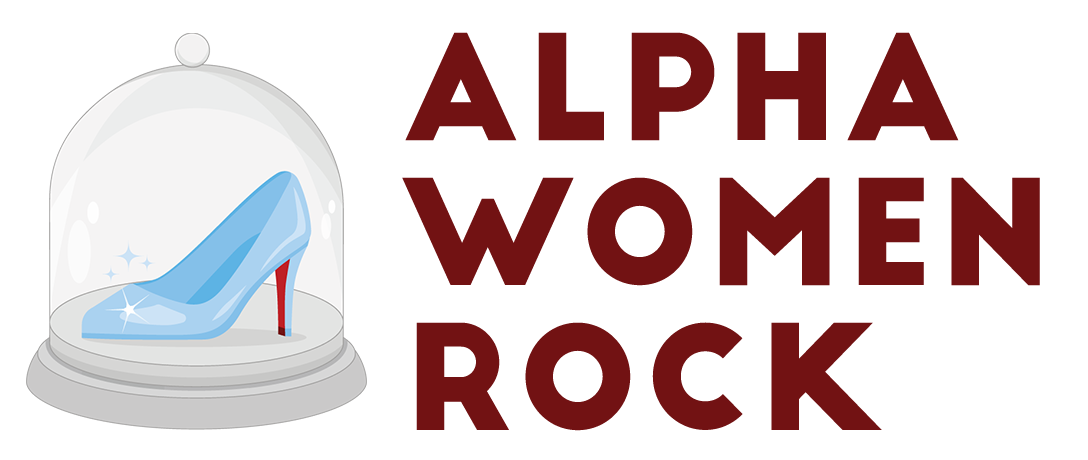Hello, fellow Alphas. I wanted to share some pointers with you on how to prepare for presentations. I know that many of us are not comfortable with public speaking, but I find that a lot of preparation really helps to soothe my nerves, and allows me to enjoy the experience. I hope you find these tips (and tricks) helpful too.
1 week or more ahead:
This is your time to get ready and start thinking about your presentation.
1) Learn the details. The first question you ask should always be: Who is my audience? You should learn this early so you can tailor your remarks to make them relevant for your listeners. Learn – who is my audience, what is my topic, what is the format, how much time do I have, what is the venue like, what technology will we use? Without these factual details it will be difficult to ensure audience engagement. Also, we don’t want to be surprised at the last minute by technical glitches or thinking our materials are inappropriate.
2). Develop key messages. We should think of the key messages as an outline for what we’ll talk about, and we should determine them a week or more ahead. That way, we can start scripting out our presentation, and think about what we’ll need the day we present. We should ask ourselves: what do I want to say? How will I make it resonate with the audience? And What should their takeaways be?
3). More than a week ahead we should think about our materials, including slides, handouts, photos, or anything else we’d like to leave with the audience. We should start developing any materials, decide on handouts to be given either before or after, and develop any presentation materials. This is a good time to think about marketing any books, merchandise, or other items. How will that fit into the presentation?
5 days ahead:
Now we start getting down to the nitty gritty…You need to put pen to paper/computer/slide and really put your ideas into concrete sentences.
4). Write out your key points with details to describe them. Include personal stories. I find that audiences love personal stories, or “war” stories. They remember a conversation or discussion much more easily than a slide deck.
5). Confirm who you are talking to so that you know your presentation is appropriate for your audience. Make sure you know the time of the presentation, and test your technology. Sometimes you won’t have what the venue needs – like headphones or air pods. Give yourself enough time to make sure you can buy those items and test them in advance.
6). In the days when we actually GO to a presentation in front of a live audience, figure out transportation (we should be so lucky), and what to wear.
3 days ahead:
Now you are getting closer to the actual date, and it’s important to confirm the things you’ve been preparing for. Just in case…
7). Talk to the organizers to confirm your topic, audience and the time of the presentation.
8). Start to practice key messages out loud in front of the mirror or with a preparation partner.
1-2 days ahead
By now you should be very comfortable with your key messages, your presentation materials should be ready, and you should know what you’re going to wear.
9). Keep on practicing and refine your messages.
10). Find a good zoom space (if applicable) with good light, no distractions, and good background images.
11). Check that your technology works, ie. airpods, computer, zoom app
12). Try on your presentation outfit and do a makeup trial (check it on camera to make sure it all works)
13). Send any materials to the organizers to make sure they have them and can operate the technology with them.
Day of
14). Practice only once and then put it away!
I find that it’s a good idea to leave the presentation alone on the actual day. By then, I should know it and be able to talk freely about it. Over-preparing makes me feel stale.
One hour ahead
It’s almost show time!!
Now just check your details:
15). Set up the technology
16). Check visuals
17). Do a sound check
18). Put on your makeup and presentation outfit
19). take a deep breath
20). GO FOR IT!
Day After
21). Get feedback from organizers/audience
22). Follow up with your audience by email and make sure to market yourself and your brand afterwards.
I have always found that the key to any good presentation is the preparation. Start early, and practice often. Enjoy the moment, and be proud of your accomplishment!
READY TO JOIN THE AlphaWoman Community?
News, updates, events and more, directly to your inbox!
